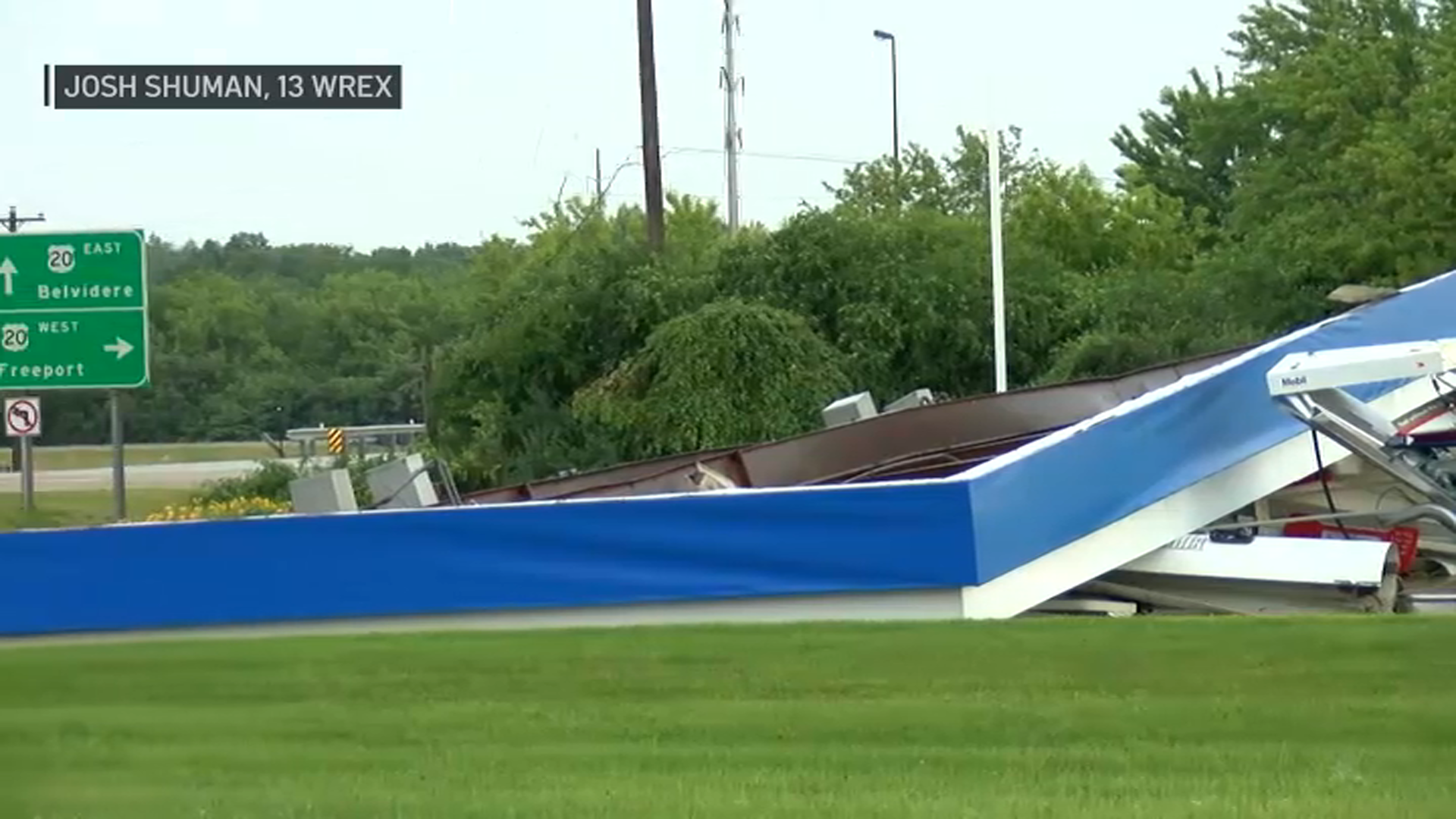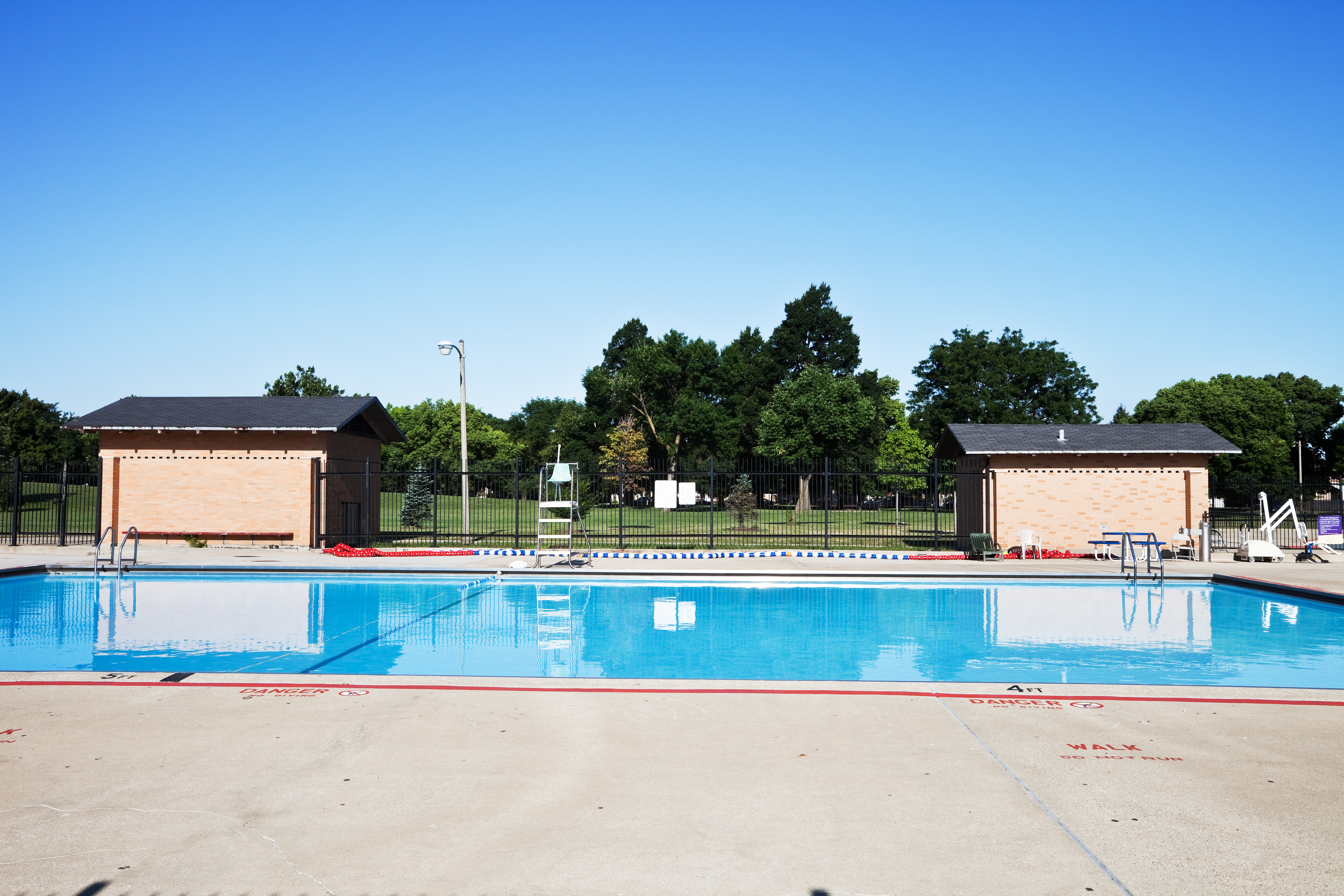A suburban couple is paying it forward, helping other stroke survivors and their caretakers.
Larry and Terri Bobko of Grayslake have been volunteering at Northwestern Medicine in Lake Forest for eight years.
The pair make “survivor to survivor” phone calls, through the support group “Stroke Survivors Empowering Each Other.”
Their goal is to ease the stress and feeling of isolation after a stroke.
“I got a lot of help myself from different support groups I was in, and you always think you’re the only one having these problems,” survivor Larry Bobko said.
“When you’re in a support group, other people say, ‘I have that same problem,’ and they can tell you what they did about it.”
Bobko had his first stroke at age 59 in 2006. He and his wife, Teri, had just moved to a new home in Arizona.
Local
“The first one came out of the blue. I didn’t have any signs of a stroke and was pretty healthy,” said Bobko.
He remembers waking up on the ground outside with his hand behind his head.
Feeling out of the loop? We'll catch you up on the Chicago news you need to know. Sign up for the weekly Chicago Catch-Up newsletter here.
Teri quickly called for help and Larry was airlifted to a hospital where he got the medication he needed to survive.
He was paralyzed on his right side and spent weeks in the hospital working with a physical therapist to eventually regain mobility.
It’s not uncommon to experience a second stroke within six months of the first. In fact, according to the Centers for Disease Control and Prevention (CDC), about 185,000 strokes, nearly one in four, are in people who’ve had a previous stroke.
Larry’s second stroke happened years later in 2020.
This time, he broke his hip, and now uses a walker to help with residual weakness. He also experiences some aphasia.
After his first stroke, Teri became her husband’s primary caretaker.
“This was not the retirement we had planned, but Larry and I have always been a very faith-filled couple, and we knew we would get through this, and we did. So, we were very lucky.”
The couple, now married for almost 54 years, spends time volunteering together weekly, to help other families experiencing what they did.
“We probably reach out to at least 30 people in a month,” Teri said. “It’s interesting to see the growth, and the development in their care and their recovery.”
Larry helps survivors, while Teri is often a resource for their caretakers, reminding them to accept help and share the load with friends and family.
The Bobkos work alongside a stroke coordinator at Northwestern who can answer clinical questions during the calls.
“We try to do our calls one to two weeks after our patient is discharged,” Northwestern nurse practitioner Jennifer Cote told NBC Chicago.
“I think there isn’t anyone who can relate to these patients other than someone has walked in their shoes," Cote said.
The group makes at least three follow-up calls after a patient is discharged over the course of three months. They provide important reminders about medication, doctor appointments and the warning signs of a stroke.
“The acronym is "BE FAST,” Cote said.
It stands for balance, eyes, face, arms, speech and time.
The sooner a stroke victim receives treatment, the better their chance of survival.
Stroke is the leading cause of serious long-term disability in the US, according to the CDC.
Risk factors include high blood pressure, heart disease, diabetes, and obesity. Stroke risk increases with age, but they can and do happen at any age.
May is Stroke Awareness Month. While the Bobkos acknowledge every stroke is unique, they hope their experience will help others build connections and find support in their recovery.
“Find your new normal. We had to find a new normal in our life and that’s what we want to encourage other people to do,” Teri said.



